Championing Environmental Efforts with Clarke’s Give to Tomorrow® Program: 2023 Grant Recipients
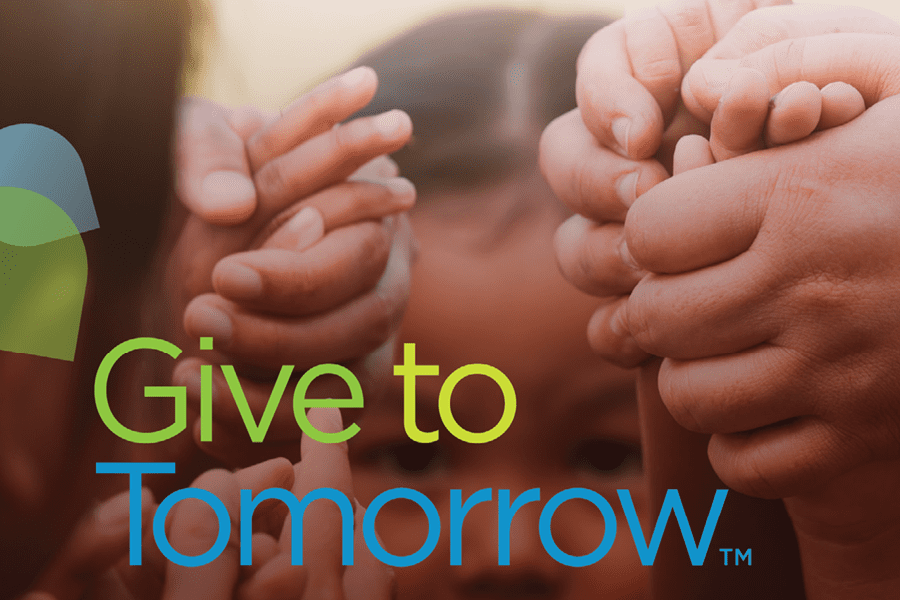

At its roots, Clarke is a public service company committed to putting people and the planet first, and there is no better example of that than the Give to Tomorrow program which provides grant funding each year to deserving non-profits in the communities we serve who are focused on environmental efforts. Clarke first began a give-back program in 2015 – and those early efforts have evolved into Give to Tomorrow. We are honored to be working with our 2023 grant recipients and organizations dedicated to fueling environmental action and progress.
Our 2023 grant recipients will each receive $15,000 to aid in their endeavors within their local communities and on a global scale. These recipients include:
Clarke’s Give to Tomorrow grant program recognizes and supports non-profit organizations striving to restore, preserve and protect the well-being of people, the environment, wildlife and food production or access.
Deserving non-profits from across Clarke’s business regions are nominated through the company’s sales representatives, and all Clarke coworkers vote to select the grant recipients each year.
“The ‘Give to Tomorrow’ grant program is completely managed by our staff. Our reps who work directly with the communities provide the information for the grant nominations, and then the entire organization votes on the nominations to choose the recipients. We are proud of this program and its goals to support people, the planet, and wildlife. This program helps communities around the world be more livable, safe and comfortable.”
J. Lyell Clarke, President and CEO of Clarke.
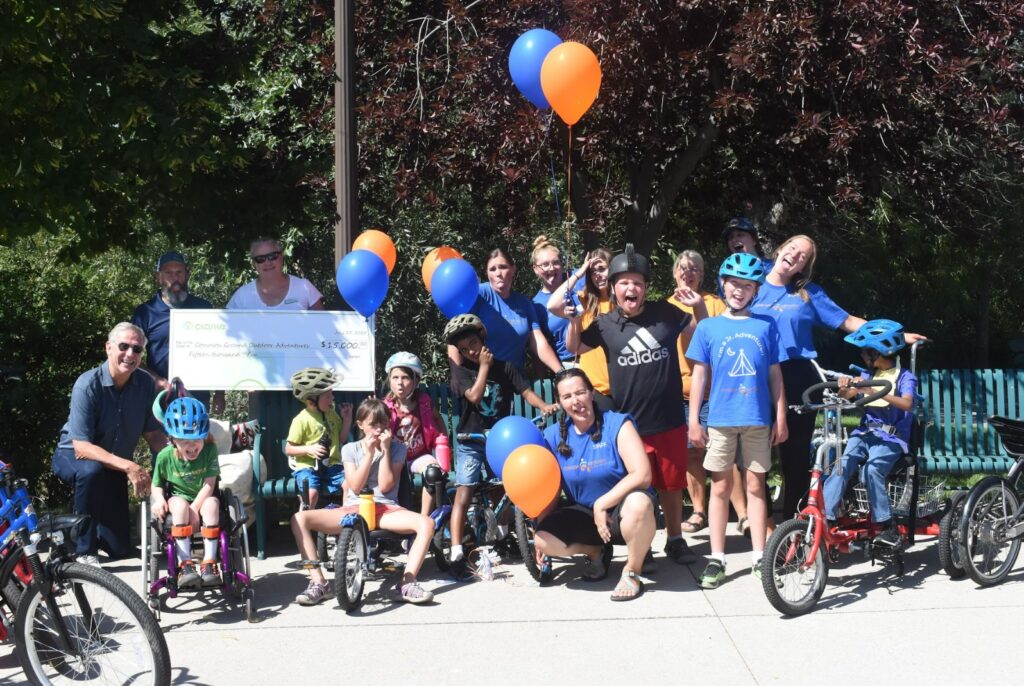
Common Ground Outdoor Adventures is an organization that facilitates outdoor recreational activities and adventures for people with disabilities. Their mission is to provide inclusive and empowering experiences, allowing individuals with diverse abilities to participate in activities like hiking, camping, skiing, and more. Through these activities, Common Ground aims to promote personal growth, build confidence, and create a sense of community among participants, fostering a deeper connection to nature and a more inclusive society.
To learn more about their efforts, visit: https://cgadventures.org/
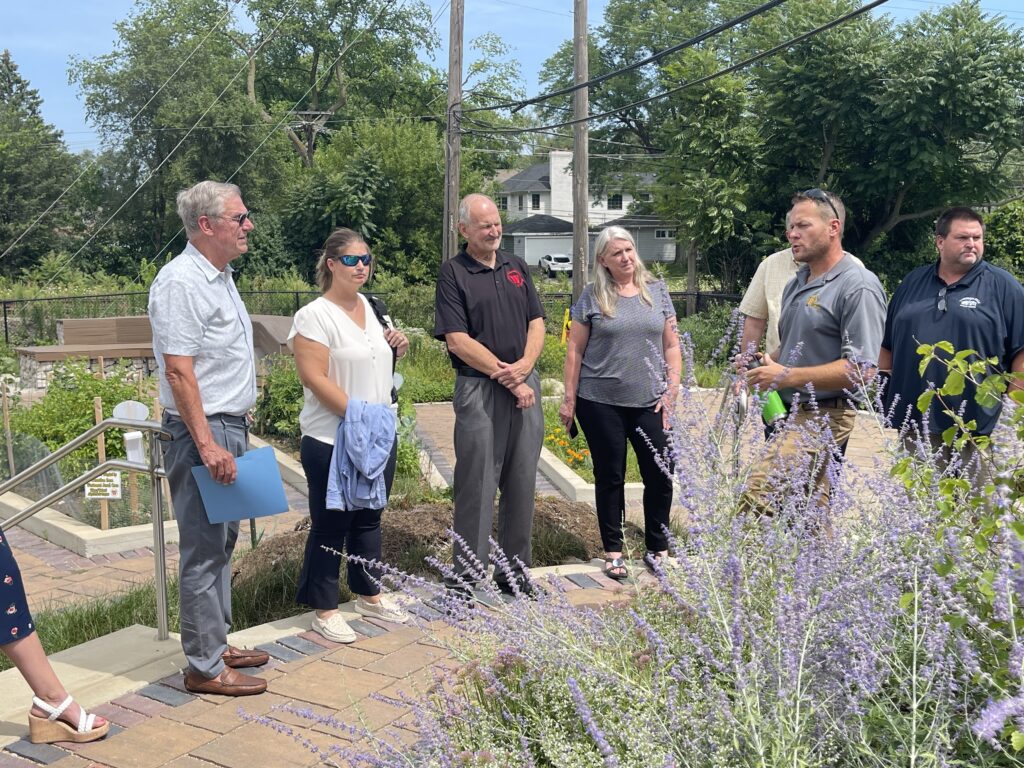
Richmond Education Gardens and Apiary is a venture focused on education and sustainability. They maintain gardens and beehives, offering hands-on learning experiences for the community. They aim to educate people about gardening, beekeeping, and environmental conservation. Through workshops and interactive sessions, Richmond Education Gardens and Apiary fosters a greater understanding of the natural world, promotes sustainable practices, and empowers individuals to make environmentally conscious choices.
Check out more about their program here: https://westmont.illinois.gov/489/Richmond-Gardens
The Nature Conservancy is a four-time winner of Clarke’s Give to Tomorrow grant. Their work serves as a model for how conservation can help both human and natural communities adapt and become more resilient in the face of a changing climate. By protecting and preserving the undeveloped barrier and marsh islands of the Volgenau Coast —the longest expanse of coastal wilderness remaining on the east coast—The Nature Conservancy Virginia Coast Reserve helps to protect Eastern Shore communities from storm surges and sea level rise, as well as provide critical wildlife habitat.
Learn more at: https://www.nature.org/en-us/about-us/where-we-work/united-states/virginia/stories-in-virginia/virginia-coast-reserve/
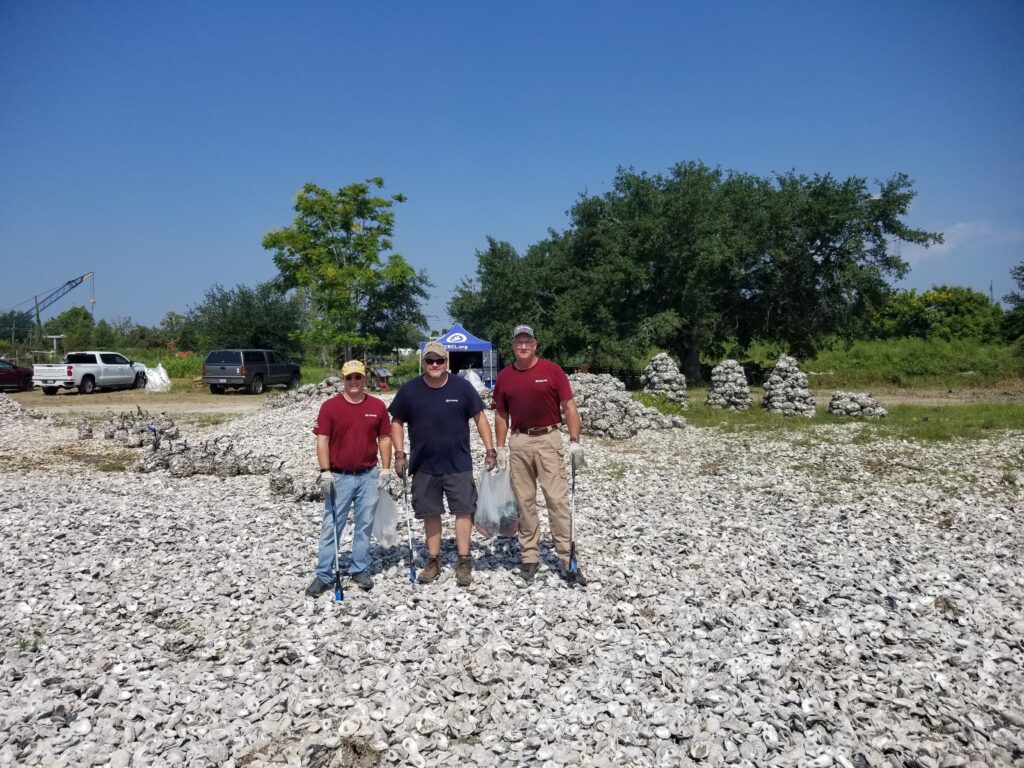
Since the 1930s, more than 2,000 square miles of coastal wetlands have vanished, turning into open water. Communities have had to relocate, fisheries have been devastated, and Louisiana’s rich culture is at risk. The Coalition to Restore Coastal Louisiana has been a fundamental part of the movement to save Louisiana’s coastline by planting native trees and grasses to help anchor fragile soil, training the next generation of coastal leaders and advocating for policy solutions that will lead to the best possible outcomes for the future.
The Give to Tomorrow grant funding will support the educational components of restoration programs, the Native Plants Program, and the Oyster Shell Recycling Program. These programs use volunteers to plant native trees and grasses, process oyster shells, and then deploy the shell into the water to construct living shorelines. As part of these programs, CRCL seeks to inform and educate volunteers about the causes of coastal land loss, the reasons why coastal land loss must be stopped and the available solutions. They learn about the many ways to get involved in coastal restoration and interact with community members on the front lines of coastal land loss.
Learn more at: https://www.crcl.org/
The Clinic for the Rehabilitation of Wildlife (CROW) is a dedicated organization focused on caring for and rehabilitating injured and orphaned wildlife. Situated in a natural sanctuary, CROW provides medical attention, shelter, and support to a wide range of animal species. Their mission is to heal and release these animals back into their natural habitats, contributing to the preservation of local wildlife populations.
Additionally, CROW emphasizes community engagement and education to raise awareness about wildlife conservation and coexistence.
Visit CROW’s website for more details: https://crowclinic.org/
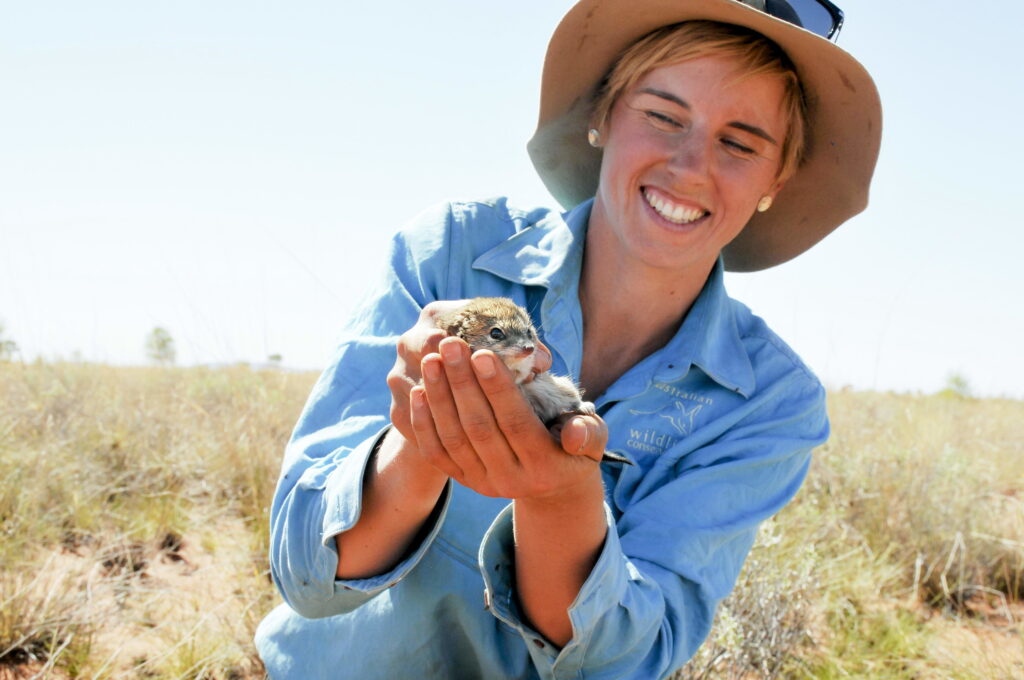
The Australian Wildlife Conservancy (AWC) is a prominent organization committed to protecting and conserving Australia’s unique and endangered wildlife. Through strategic land management and extensive scientific research, AWC aims to create sanctuaries that provide safe havens for various species. Their work spans various landscapes, focusing on habitat restoration, predator control, and reintroduction programs.
By addressing key conservation challenges, AWC plays a crucial role in safeguarding Australia’s biodiversity and preserving its natural heritage for future generations. The AWC will utilize their grant to fund conservation land management work across their sanctuaries, including fire management, weed eradication, and feral animal control.
Learn more about their work at: https://www.australianwildlife.org/